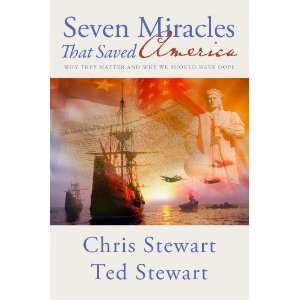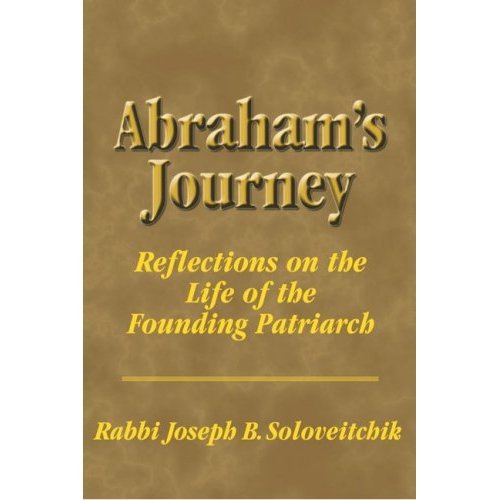The Kosher Bookworm: A yearly visit with Abraham and Columbus
The Kosher Bookworm
By Alan Jay Gerber
Issue of October 15, 2010, 7 Cheshvan 5771 To the writings on the thoughts of the Rav, Rabbi Joseph B. Soloveitchik zt”l, thankfully, there seems to be no end. It is at this time of year, as we begin our annual visit with Abraham in the upcoming parashot of the Torah, that the profound and deep reflections by the Rav on the life of our founding patriarch are most timely.“Abraham’s Journey” [Ktav, 2008] is an anthology of 10 essays based around the theme of the Rav’s reflections on Abraham’s legacy and of Abraham’s profound importance as the founder of our faith and nation.
Gleaned from tapes, manuscripts and handwritten notes, this volume is part of an ongoing series produced by The Toras Harav Foundation that continues to reproduce the sophisticated thinking of the Rav.
Working in chronological order, this work starts with an analysis of Abraham’s personality, and proceeds with how Abraham, inheriting the spiritual legacy originally intended for Adam, creates the monotheistic belief that we now know.
The book’s narrative proceeds from abstract belief to the actual experiences of Abraham’s journey to the Land of Israel. He was driven along by G-d’s command and, along the way, his persona as a wandering “Aramean” was formed through his early experiences of galus, prophecy, and religious leadership.
Abraham’s role as the quintessential teacher of antiquity is given contemporary relevance through the Rav’s teachings about Abraham and his utilization of “kedushah,” and “tzedakah u-mishpat.” Each is defined within the context of Abraham’s experiences. Given their detailed nature, these concepts deserve a very close reading.
The events of the upcoming Torah readings are given a sophisticated, non-judgmental analysis through the Rav’s method, which shows both a respect for the integrity of the text and narrative, as well as respect for the learning reader, thus making the legacy of Abraham serve as the spiritual and ethical model for all humanity.
For this last point alone the skilled editors of this work, Dr. David Shatz of Yeshiva University, Dr. Joel B. Wolowelsky of the Yeshiva of Flatbush, and Rabbi Reuven Ziegler of Yeshivat Har-Etzion deserve our eternal gratitude for giving us this distinguished volume.
A devoted reading of this work in the next few weeks will surely help you better understand the Torah text, and better appreciate the role Abraham played in establishing our faith in and devotion to G-d.
With the observance of Columbus’ discovery of America earlier this week, I would like to bring to your attention a work titled, “Seven Miracles That Saved America” [Shadow Mountain, 2009] by the journalist Chris Stewart and Ted Stewart, a federal judge.
Within this work is a chapter titled, “The Miracle of Christopher Columbus and the Discovery of the New World.” The authors present a rather unique series of facts that I am certain you will find fascinating. Consider the following narrative that deals with the hidden agenda shared by both Columbus and King Ferdinand and Queen Isabella in their quests for fame and fortune:
“Another appealing aspect of Castile was that the king and queen shared Columbus’ belief that it was destiny that the wealth from the success of his mission would be used to liberate Jerusalem from the Muslims.”
And consider the following:
“Ferdinand and Isabella had inherited the title ‘King and Queen of Jerusalem.’ This was symbolic of the popular view, the result of prophetic writings by Abbot Joachim of Fiore and others, that a king of Aragon would be responsible for the liberation of Jerusalem as a precursor to the ushering in of the Millennium. Columbus was familiar with the writings of Joachim, and he firmly believed that the inspiration upon which he depended for success was a gift from G-d for the purpose of helping him fulfill the prophecy regarding Jerusalem.”
Given contemporary events, especially the constant focus upon the status of Jerusalem by friend and foe alike, the discovery of the new world and its relationship to the prophecies of Joachim can serve as both an amusing factor lurking in the background of American history as well as a chastening factor in the study of Jewish history. Go learn.

 41.0°,
Fair
41.0°,
Fair 







